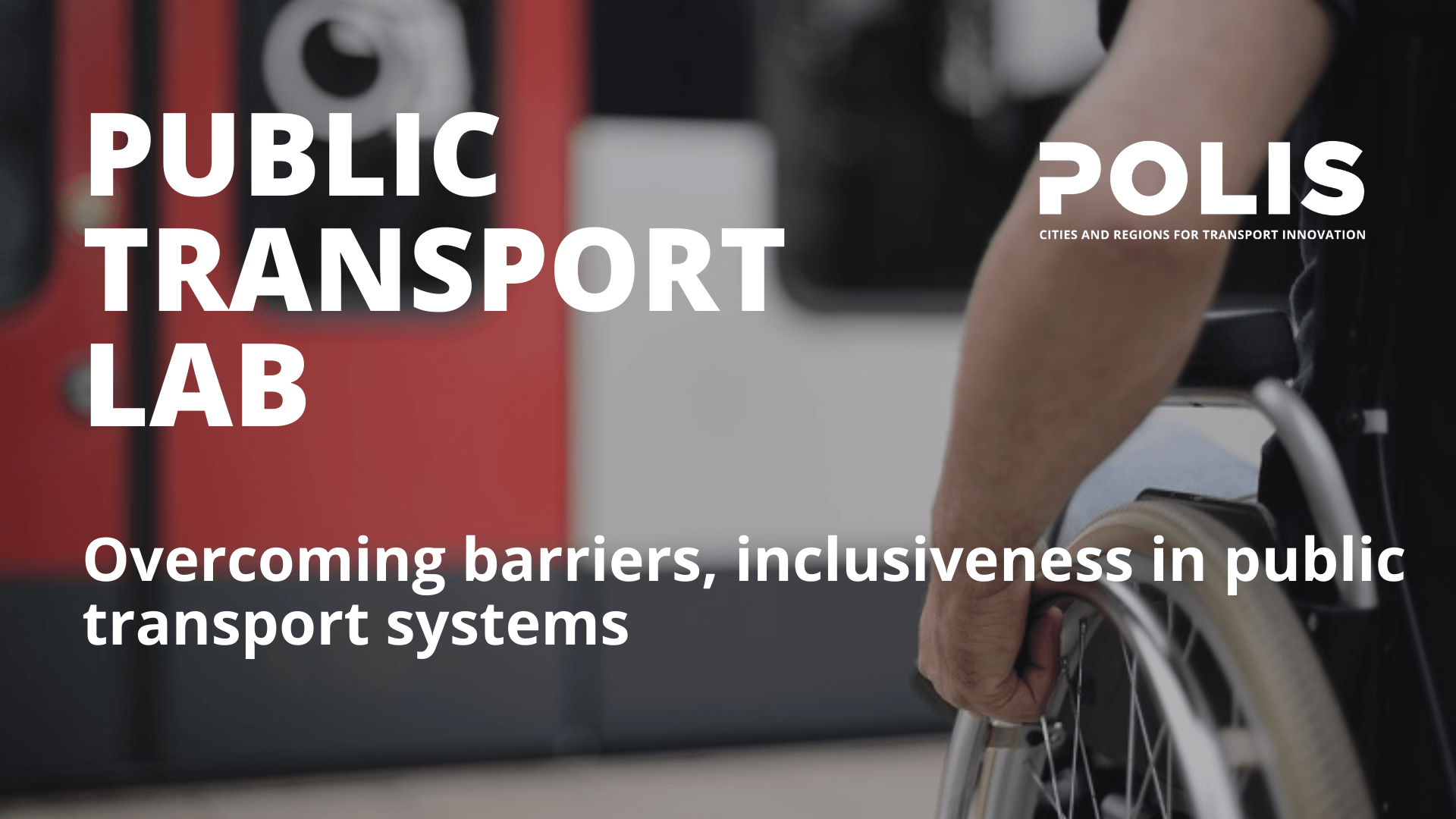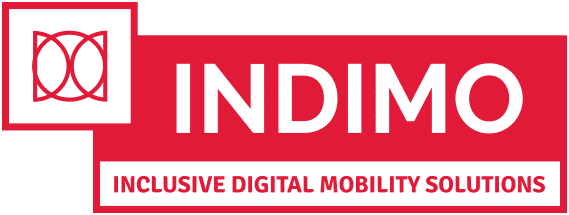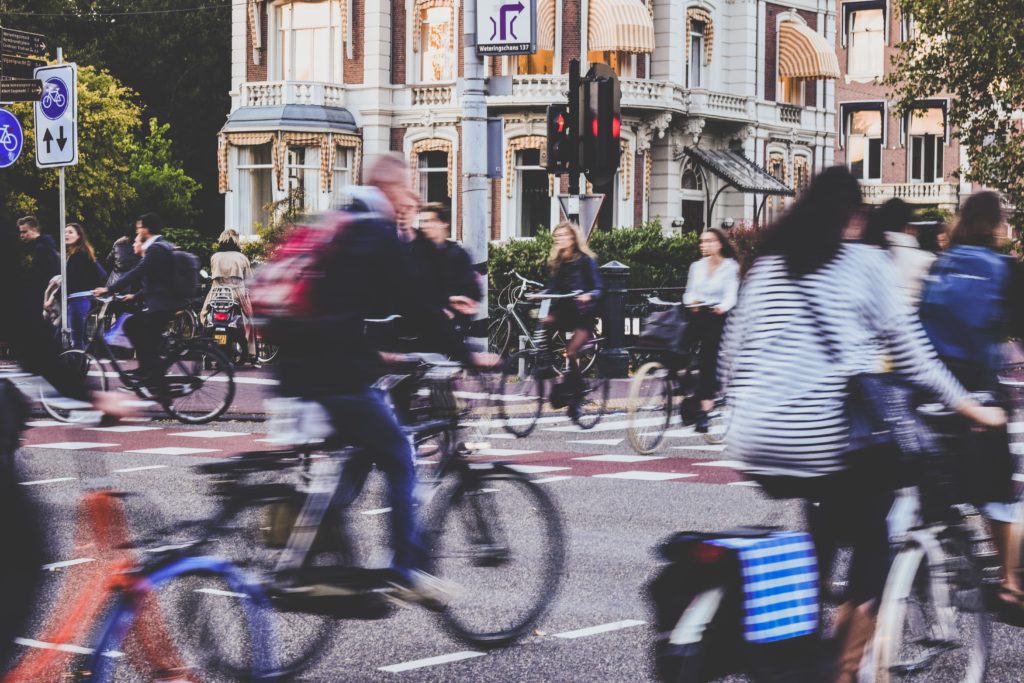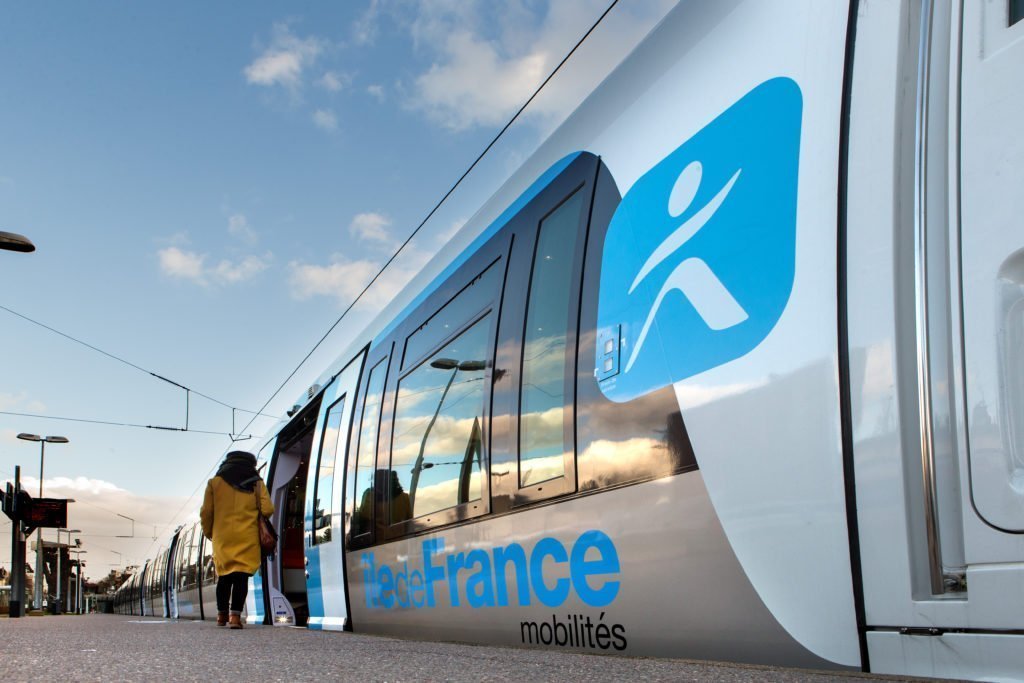Creating inclusive transit: POLIS Public Transport Lab explores
The second webinar in the Public Transport Lab series heard from Ile de France, Amsterdam as well as the INDIMO and TRIPS projects on how our urban mobility services can- and must- be more inclusive for all users.
What does inclusion mean?
Inclusivity is at the heart of public transport. The clue is in the name, ‘public’, which by its very definition “the involvement of people in general, rather than being limited to a particular group of people”, necessitates that all needs are met.
Yet, there are many users who continue to be excluded from public transport services. These are some of the most vulnerable and disadvantaged members of society- and in fact those which are most reliant on public transport services. Age, race, gender, socioeconomic status and physical ability shape passengers’ capacity, and therefore willingness, to use public transport.
Transport is a gateway to social and economic inclusion. Access to mobility, determines citizens’ access to employment, healthcare, education… the list goes on. If we are serious about addressing disparities and creating inclusive cities, we must begin with our trains, buses and trams.
However, there is much progress to be made. The second event in the Public Transport Lab webinar series examined the actions underway, and what is yet to be achieved.
Human factor and care-givers mobility needs with the INDIMO project
Floridea Di Ciommo from CambiaMO presented the INDIMO Project, exploring how public transport and digital mobility services can be reoriented to better serve care givers, and examining the work the project has been doing in Berlin and Madrid.
The INDIMO project (inclusive Digital Mobility solutions), is a three-year EU-funded Horizon 2020 project that aims to extend the benefits of digitally interconnected transport systems to people that currently face barriers. The project has conducted pilots in cities across Europe, including POLIS member Madrid, a city which has radically overhauled its public transport offering over the last few years to make services more accessible.
As technological innovations, from mobile ticketing to timetables continue to transform transport services, INDIMO strives to ensure vulnerable users continue to be served.
Co-creation is at the heart of the project. “Co-creation” has become somewhat of a buzz word in mobility management. While the term is often deployed as a catch- all phrase for any manner of citizen engagement activity, when executed correctly, it has the potential to create transport systems which cater for users’ real needs and desires.
Co-creation is more than a quick survey of passengers’ habits or opinions, it is a process through which users are engaged in the development of user-centric transit services from design to implementation.
This is critical when it comes to carer givers’ mobility, who have a range of complex mobility needs- something which became increasingly important during the pandemic. Gender, physical capabilities and age must be considered.
Amsterdam takes action
Targeted solutions require understanding the existing mobility landscape. So, how do we know if our transport systems are inclusive, how do we assess our infrastructure?
POLIS member, Amsterdam has established a way of mapping the accessibility- and inaccessibility- of the city’s public transport services.
The city has been striving to ensure their transit systems are as accessible as possible, to those with a wide variety of visual, cognitive and auditory impairments, creating guidelines which focus on a range of provisions from lighting to seating.
To achieve this, Amsterdam has created a criteria of key performance indicators to audit their services, and with a panel of specialists and users themselves, they have explored which stations and stops require particular attention. Amsterdam reported on some good examples, and some which required upgrading.
“It is a good start, but it is clear we have much further to go, and have a lot of room for improvement,” said Stephan Talen from the city.
To bring all this together, Amsterdam has established an online dashboard which displays the situation across all the city’s municipalities.
“This helps local political leaders to understand the needs in their transport situation, and begin to make targeted solutions,” said his colleague Huub Hoenjet.
Using technology to enhance accessibility in Ile De France
POLIS member region, Ile de France (IdF) has long been promoting transport innovation, and is now placing particular focus on how modernisation can enhance accessibility. The region ran a Traveller Information Challenge which called for applications for solutions to make public transport more accessible.
In December 2020, IdF awarded the Mobility Challenge to a young French start-up, currently developing the EZYMOB solution, a smart phone app which facilitates public transport journeys for visually impaired.
The user is able to plan their on the application, which then converts visual information into sound information and guides the user through the station.
Robin de Gal CEO of Ezymob presented how the region has been establishing solutions for accessibility.
“Our goal is that technical solutions can enhance transport for all users, and we are now exploring how it can be deployed across a range of French cities,” said de Gal.
The app, which is now being tested by users, assists public transport passengers with visual impairments in finding gates, seats and doors, while monitoring stops and journey timetables.
The app’s success has hinged on its collaboration with IdF Mobility, which provided the organisation with access to the transport services and capacity to test the technology across the network.
Making public transport TRIPS accessible
The ambition of the TRIPS project is to make public transport more accessible for persons with disabilities, elderly voyagers and other vulnerable passengers. Like INDIMO, the project focuses on a co-design approach that empowers users to lead the design of inclusive digital mobility solutions.
“Co'' indicates that we do it together on equal basis, and everyone who is interested and affected is meaningfully included on the table.” Said Elvia Vasconcelos. “People want to know that they are being listened to.”
The project is piloting this method in a range of cities, each with their own unique mobility landscape. As a result, the project is tailoring its approach, contextualising their tools within each locality.
Key takeaways:
- Understand the current quality of services- Amsterdam is leading the way by grading its PT offerings, to indicate where improvements are required
- Co-design and co-production are key- We cannot understand individual needs without asking users themselves. Projects which are achieving greatest success, are those which establish strong dialogue with passengers to identify requirements and test solutions,.
- Localise solutions- Each municipality has its own unique mobility landscape, solutions must take into account these specific needs, there is no “one-size-fits-all” solution.
- At the EU level- The new Urban Mobility Framework includes a section on the accessibility requirements for achieving a ‘just’ transition. In a joint statement on the EU’s Urban Mobility Framework, a broad coalition of transport stakeholders, including POLIS, stressed that public transport and active mobility must be the foundation on which to build the change we need in our urban mobility systems.
Check out the upcoming Public Transport Lab webinars HERE.
Additional sources:
Indimo project: https://www.indimoproject.eu/
Urbanism Next Europe, Understanding vulnerable citizens' needs by using a user-centered design approach, https://youtu.be/m0EPqio9jX4
For a more inclusive, equitable and accessible mobility – The INCLUSION toolbox’, Mobilising, Mobility, https://youtu.be/FojIinT6GOE
‘How to make mobility work for all: embracing inclusiveness’, Mobilising, Mobility- https://www.youtube.com/watch?v=e9LMz2vUVrA
Improving the convenience of public transport, Interreg, Public_Transport_TO4PB_final.pdf (interregeurope.eu)
Case studies:
Lille: LILLE - Access - Thinking Cities June 2021 (h3bconnected.com)
Madrid: Madrid to make public transport free during morning peak hours - POLIS Network
Barcelona: Research reveals harassment on Barcelona's public transport - POLIS Network
Catalonia: Catalonia launches app to show passengers bus occupancy levels, Catalonia launches app to show passengers bus occupancy levels - POLIS Network




